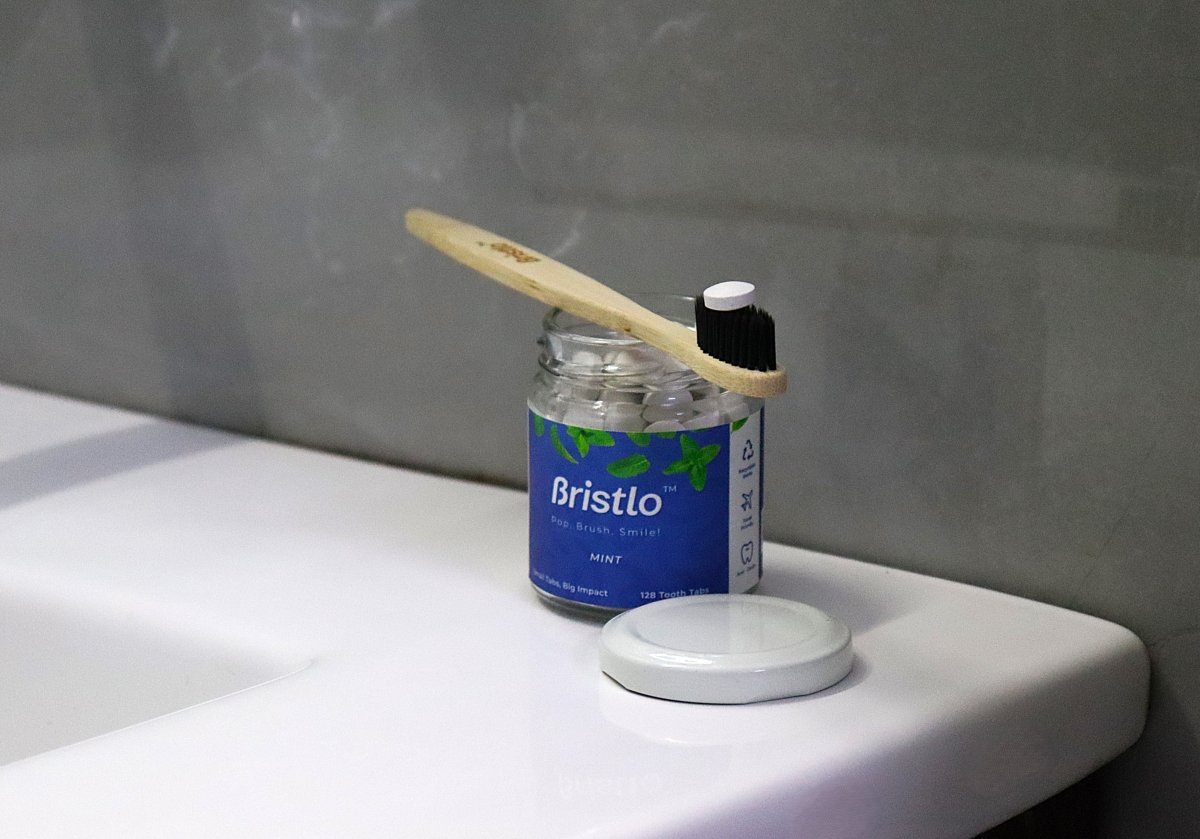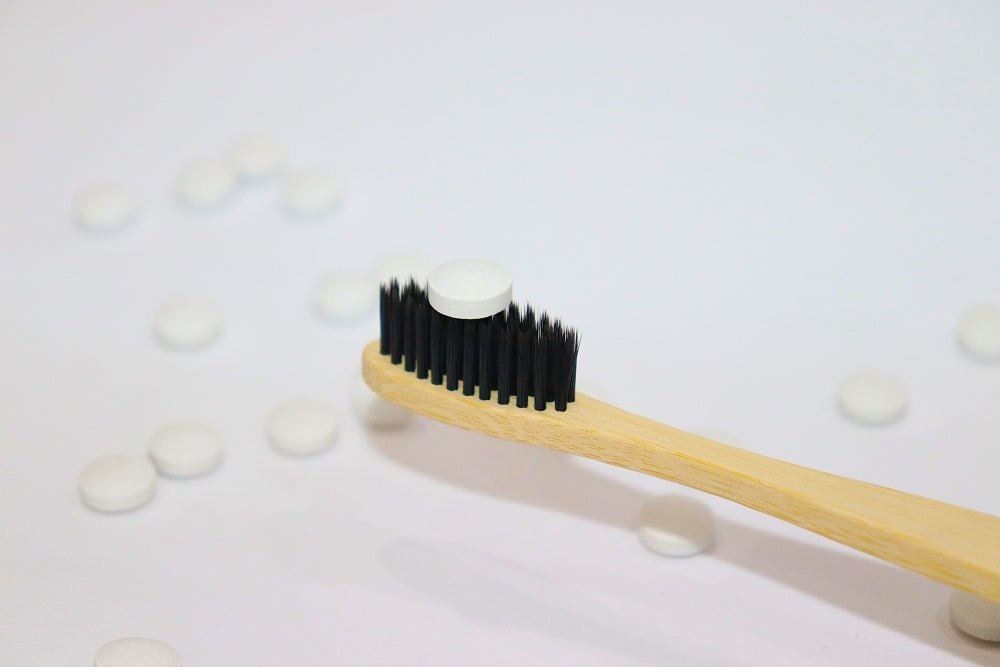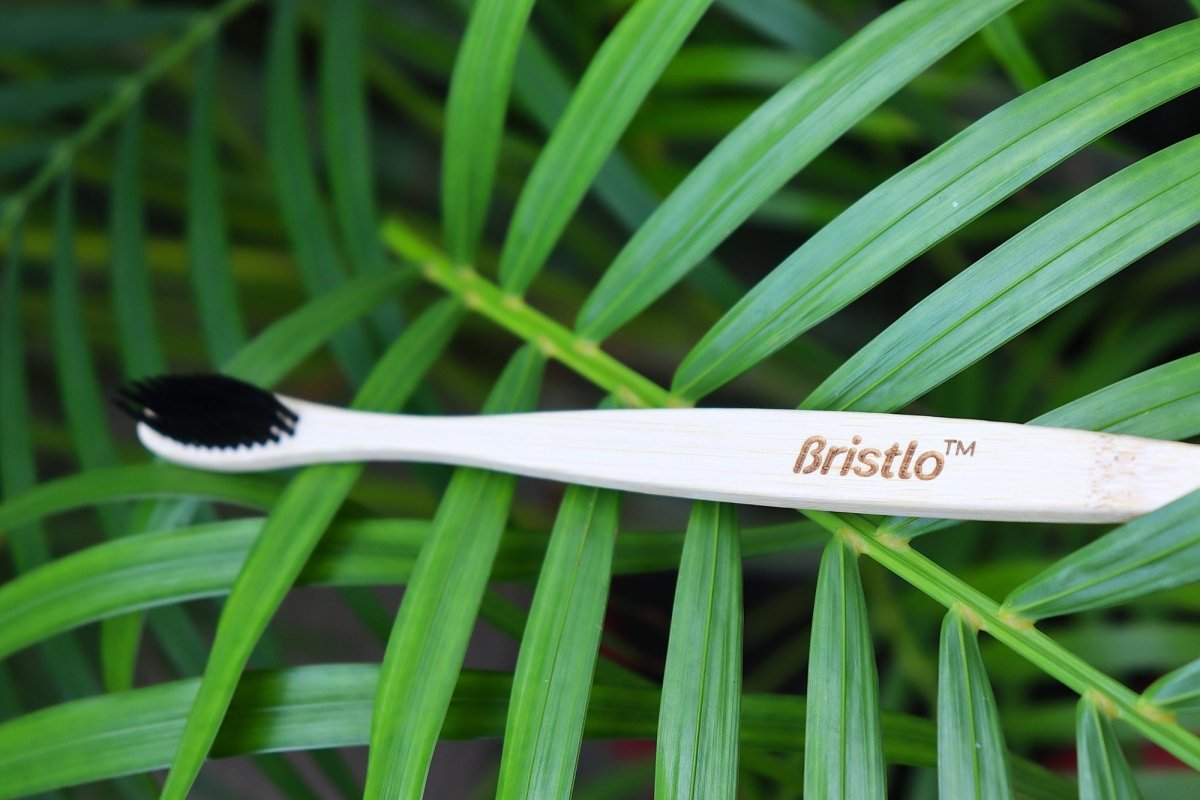Ever found yourself staring at the endless rows of toothpaste in a store, wondering which one is the best for your teeth? You're not alone in this situation!
With so many options, it can be overwhelming to pick the right toothpaste. No need to worry, we're here to assist you. In this manual, we'll simplify all the information you will need to select the most suitable toothpaste for your teeth.
What to Look for in a Toothpaste
Choosing the right toothpaste involves considering your specific dental needs. Here are some key factors to keep in mind:
- Fluoride Content: Fluoride is essential for preventing tooth decay. It helps to strengthen tooth enamel and makes your teeth more resistant to acid attacks from plaque bacteria and sugars in your mouth.
- Whitening Agents: If a brighter smile is your goal, look for toothpastes with mild abrasives and whitening agents. These can help remove surface stains and improve the appearance of your teeth.
- Sensitivity Control: Do you have sensitive teeth? Try using toothpaste with potassium nitrate or strontium chloride to reduce sensitivity.
- Tartar Control: Tartar is hardened plaque that can form on your teeth and gums. Toothpastes with tartar control agents, such as pyrophosphates and zinc citrate, can help prevent its buildup.
Natural and Eco-Friendly Options
For those looking to minimize their environmental footprint, natural and eco-friendly toothpaste options are an excellent choice. Brands like Bristlo offer innovative toothpaste tablets that are both effective and eco-conscious. These tablets are chemical-free and packaged sustainably, offering a better option than regular toothpaste tubes. Look for natural ingredients like activated charcoal, tea tree oil, and aloe vera in these eco-friendly options.
Eco-friendly toothpaste tablets are also convenient for travel and reduce plastic waste. They come in reusable glass jars or compostable pouches, aligning with a zero-waste lifestyle. Additionally, many natural toothpastes are cruelty-free and use ethically sourced ingredients, further supporting a sustainable approach to oral care.
Specialized Toothpastes
Some toothpastes cater to specific dental conditions or preferences. Some toothpastes have stannous fluoride or triclosan to help with gum health by reducing inflammation and bleeding. Toothpastes designed for dry mouth often include enzymes or humectants to increase saliva production and keep your mouth moist.
Manufacturers make children's toothpastes with lower fluoride levels to protect kids' growing teeth. They are safe if swallowed and meet children's unique dental needs. They also come in kid-friendly flavors to encourage good brushing habits from an early age.
Organic Toothpastes: For those who prefer organic products, there are toothpastes made with certified organic ingredients. These toothpastes use natural ingredients instead of chemicals and artificial flavors. They help prevent cavities, reduce plaque, and leave your mouth feeling fresh with clean teeth.
Advanced Dental Care Toothpastes: These are formulated with advanced technologies and ingredients to address multiple dental concerns simultaneously. They can include anti-cavity, anti-gingivitis, and breath-freshening properties all in one tube.
If you have braces or other orthodontic appliances, use toothpaste made for cleaning around brackets and wires. This can help prevent plaque buildup and white spots on your teeth.
Toothpaste for Specific Conditions
If you have enamel erosion, use toothpaste with calcium phosphates to strengthen your teeth.
Toothpastes for bad breath have ingredients like chlorhexidine or peppermint and eucalyptus oils to fight bacteria that cause odor. If you frequently have cavities, a dentist may recommend using a high-fluoride toothpaste for better protection. This toothpaste can provide more protection than store-bought options. Following your dentist's advice is important for optimal oral health.
Innovative Ingredients and Technologies
The toothpaste industry is continually evolving, with new ingredients and technologies being introduced to improve oral health. Enzyme toothpastes break down plaque effectively. Probiotics in toothpaste help balance oral bacteria. This reduces harmful bacteria and promotes good bacteria.
Nano-hydroxyapatite is a new ingredient that helps repair and protect tooth enamel. Becoming popular for keeping teeth strong and healthy at a tiny level.
Personalizing Your Oral Care Routine
Personalizing your oral care routine to suit your specific needs can significantly enhance the effectiveness of your dental hygiene. Try using different type of toothpastes for different benefits. Use whitening toothpaste in the morning for a bright smile, and sensitivity protection toothpaste at night for comfort. Also consider using soft bristled tooth brush and floss for better teeth whitening.
You can use eco-friendly products to brush your teeth. These include bamboo toothbrushes and natural mouthwashes. You can also try natural toothpaste tablets. This approach is more holistic and environmentally friendly.
Conclusion
Choosing the best toothpaste for your teeth doesn't have to be complicated. Think about what your teeth need and learn about the benefits of different toothpaste ingredients to find the best one for you. Remember, maintaining good oral hygiene with the right toothpaste is key to a healthy and beautiful smile.
For more eco-friendly and effective dental care products, check out Bristlo.





Leave a comment
All comments are moderated before being published.
This site is protected by hCaptcha and the hCaptcha Privacy Policy and Terms of Service apply.